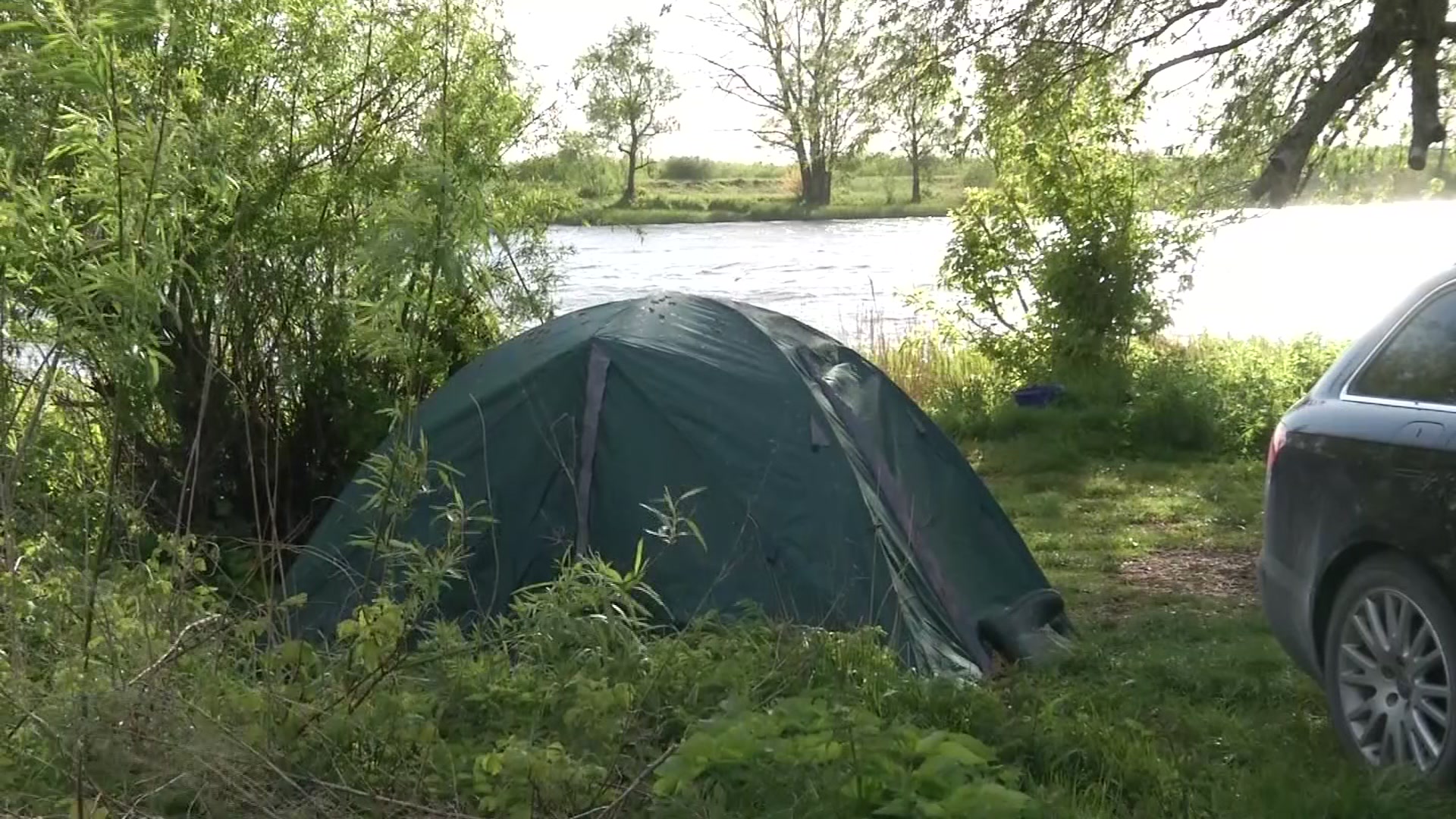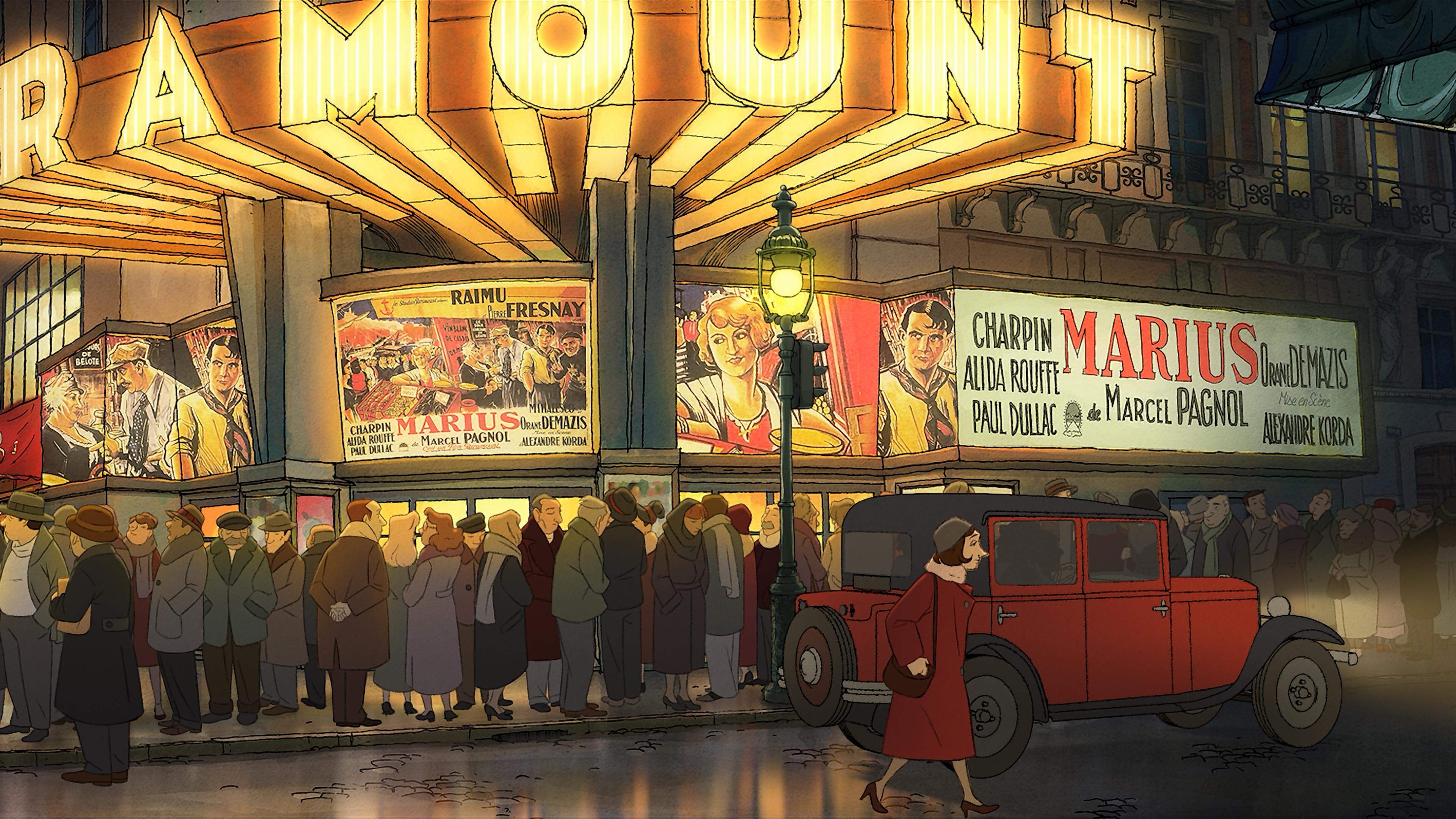« Lies take the elevator and the truth borrows the staircase » – Liberation

The observation is alarming. The survey « Behind the screens » conducted, at the end of 2024, by UNESCO with 500 influencers in 45 countries, in collaboration with American researchers, already revealed a disturbing reality: 62% of digital content creators never verify their sources before publication. Even more recently, A study by quota climate And two other NGOs, with the help of artificial intelligence, systematically analyzed the programs of the 18 main television and radio channels. The result? On average ten cases of climate disinformation detected each week since the start of the year, totaling 128 occurrences in just three months in the audiovisual media.
This worrying convergence testifies to a deep transformation of our information landscape. How to navigate this data ocean where the true and the false merge? Who to trust? Thomas Huchon, investigative journalist, hunt down for manipulation of information his daily fight; and Vinz Kanté, former radio host converted into an influencer – 55,000 subscribers on Instagram and 140,000 on YouTube – with his online media Limit Who popularizes climatic issues come back to what they call « algocracy »: a new invisible governance where algorithms insidiously determine our relationship to reality.
In your book RESISTER FAKE NEWS (First Editions), you explore the mechanisms of disinformation. What do you think are the most dangerous climatosceptic theories today?
Thomas Huchon: The most pernicious is to present global warming as a construction of environmental parties aimed at manipulating public opinion. This theory denies either the very existence of warming, or the human impact on this phenomenon. A notable fact is the emergence, since the end of the COVID crisis, of a new category of members to the negationist theses on the climate. These are often the same individuals who opposed the health pass and vaccination. Their main motivation is not so much the intellectual conviction as the refusal to modify their lifestyle. This posture of the « touch not to my lifestyle » results in resistance to any questioning of consumption habits.
Faced with this trivialization of climate disinformation, how can a journalist still make the voice of science heard?
TH: It is a colossal but vital challenge. We are faced with an informational jungle where deceptive sources are adorned with the attributes of credibility. The problem is not only the multiplication of transmitters, but their ability to imitate the codes of reliability without respecting ethics. On the climate issue, we face a disinformation campaign orchestrated for four decades by the oil and automotive industries. Moreover, 90 % of climate fake news comes directly from think tanks funded by these same industries. Journalists and influencers therefore find themselves taken in vice between scientific rigor and the power of colossal economic interests.
What seems to promote this disinformation is precisely the very functioning of digital platforms and their algorithms. As an influencer, how do you analyze this phenomenon?
Vinz Kanté: Algorithms are extremely sensitive to immediate interactions – clicks, time spent, commitment – and this invisibly powerful mechanics is disturbing for subjects such as ecology. What really scares me for the future is the progressive algorithmic marginalization of ecological content. We are already locked in informational bubbles where our videos are only suggested by people already made aware of these questions. To avoid this digital prison, we are forced to « hack » the algorithm with bypass strategies: create catchy miniatures, titrate on « the great climate plot » to attract attention, then reveal that the real plot is that of the fossil industries. It is a permanent chess game against a system that promotes what divides and polarizes.
TH: Exactly, and this is precisely what made me evolve in my reflection. I have long considered that my main adversary was the conspiratorial phenomenon, before understanding that the real problem is in the platforms themselves and their diffusion mechanisms. The impossibility of scientifically objectifying these algorithmic phenomena justifies my constant plea for the transparency of algorithms. The fundamental challenge of our contemporary digital space is none other than the algorithmic dictatorship which promotes a form of informational technofascism.
VK: To support what Thomas says, the algorithmic influence could be measured empirically on the X platform (ex-Twitter) thanks to the work of David Chavalariaias, which has demonstrated the systematic overvaluation of far -right content and xenophobic speeches. A revealing observation emerges from recent studies : the countries where the climatoscepticism is the most widespread correspond precisely to the nations producing fossil fuels (Australia, Poland, Emirates, Russia, United States, Belgium). This correlation suggests the existence of a breeding ground for disinformation maintained by economic and political interests.
You say you have personally observed this algorithmic marginalization in your own publications...
VK: Absolutely. And this is where reality joins theory. The empirical observation is striking: my stories on any subjects generate between 5,000 and 10,000 views, while those approaching ecology systematically cap between 200 and 500 views. I do not know if it is a coincidence or the concrete manifestation of this algorithmic phenomenon.
Precisely, in contrast to this « Do not touch my lifestyle »Vinz, you have radically transformed yours, passing from popular radio animator to environmental activist. What triggered this metamorphosis?
VK: Confainment played a revealer’s role. Faced with a tangible threat, our society has demonstrated its ability to radically transform its foundations – slowed down, reinvented lifestyles. This parenthesis led me to awareness: if we could modify our system for a health crisis, why not for the climate emergency? This led me to create a media translating these complex issues in an accessible language, targeting those who, like me in the past, remained indifferent to these questions.
You bet on humor and an offbeat tone to tackle complex scientific subjects. Is this approach not in contradiction with the rigor necessary for climatic issues where expertise is overvalued?
VK: This tension is inevitable since the very act of popularization implies a simplification which partially alters scientific truth. Our videos are systematically verified by researchers such as the climatologist Christophe Cassou who sometimes devotes entire days to the analysis of our texts. Despite these simplifications, our objective remains to allow the general public to understand the fundamental scientific mechanisms.
TH: I also encounter this difficulty. The fight against fake news is comparable to that against doping: while the scientific validation bodies establish the facts, the disinformation has already won three battles. We face an asymmetry where lies take the elevator while the truth takes the stairs.
What developments would then seem essential to you?
VK: Training is the fundamental prerequisite for any influencer today. Having worked in the influence sector for brands like Mercedes or Samsung, I am able to recognize the forms of greenwashing. Our team examines each partnership proposal. The problem lies in the fact that many influencers are exclusively motivated by remuneration, integrated into a system where the metrics of engagement constitute the absolute priority. I am convinced that beyond a certain hearing threshold (10,000 subscribers), compulsory training should be instituted. An increased power of influence implies proportional responsibilities.
TH: This initiative seems to me not only relevant but absolutely necessary. In an informational ecosystem where everyone can consume, disseminate and freely produce content, the exemption from minimum critical thinking training becomes untenable. A crucial point, however: this requirement must emanate influencers themselves to be legitimate and effective. If it comes from traditional media actors like me, it will be perceived as condescending and rejected in principle. My aspiration would be for the community of influencers to evolve towards more responsible and rigorous models, like Hugo deciphers rather than figures centered on pure entertainment.
Your analyzes on algocracy and technocracy draw up a rather pessimistic picture. What advice to escape these information bubbles?
VK: It is essential to maintain a critical distance from the content circulating on social networks. Nothing replaces authentic interactions: discussions with friends, moments of sharing, walks in nature. These experiences reconnect to tangible reality. Algorithms are designed to maximize our attention time via immediate gratuities, transforming us into « available brains » For the advertising exhibition. Individual resistance is crucial: false information that confirms our preexisting biases provides immediate satisfaction against which we must actively fight.
TH: I would add three complementary strategies: first, systematically diversify your sources of information, alternating between newspapers, books, conferences and scientific publications. Secondly, cultivating constructive mistrust towards our own cognitive biases, particularly vis-à-vis information that too easily reinforces our pre-established convictions. Finally, recognize that if we are at the origin of the problem by our receptivity to fake news, we also constitute, by our critical vigilance, the foundation of the solution.







/s3/static.nrc.nl/images/gn4/stripped/data132453983-ad783a.jpg|https://images.nrc.nl/o2SKK-uU_SLqkROOcv4LKHXrJvw=/1920x/filters:no_upscale()/s3/static.nrc.nl/images/gn4/stripped/data132453983-ad783a.jpg|https://images.nrc.nl/5NciXD3Ih7VFMcttGjLTE7xYw7k=/5760x/filters:no_upscale()/s3/static.nrc.nl/images/gn4/stripped/data132453983-ad783a.jpg)